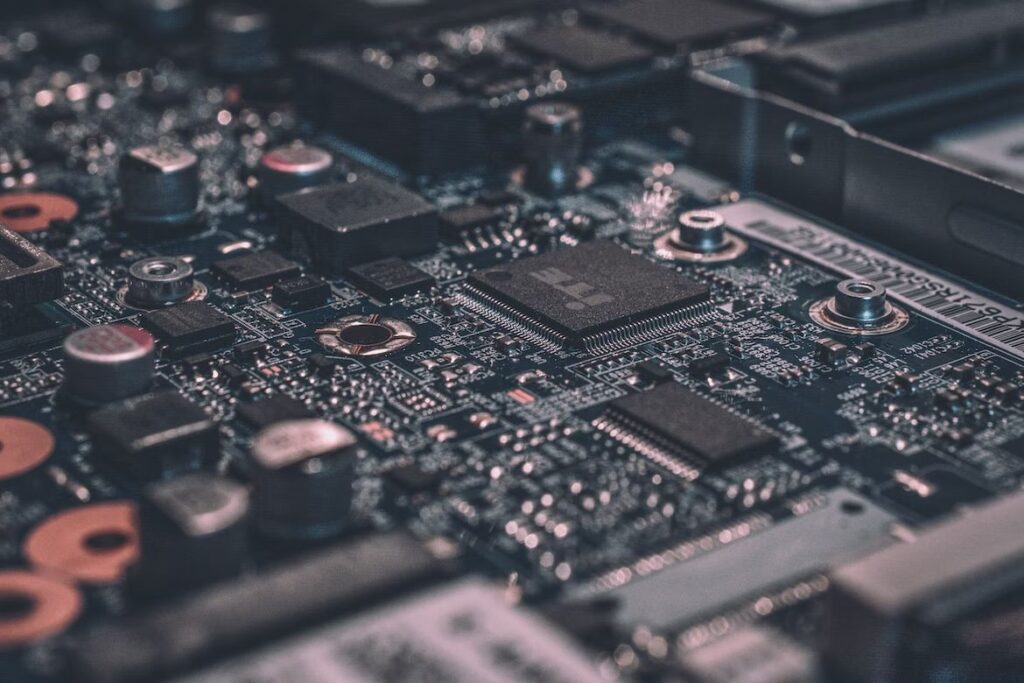
Technology’s relentless march has continued unabated into the 21st century, resulting in a proliferation of astonishing innovations. While smartphones, social media, and cloud computing often capture headlines, there are several lesser-known yet groundbreaking inventions that deserve our attention. These are the silent disruptors, reshaping our world from the shadows. Here, we uncover the seven biggest technological inventions of the 21st century you might not be aware of.
- Graphene
Although isolated for the first time in 2004, graphene—a one-atom-thick layer of carbon atoms arranged in a two-dimensional lattice—remains largely unknown outside scientific circles. This novel material exhibits remarkable properties, including superior electrical conductivity, incredible strength (about 200 times stronger than steel), and astonishing flexibility. Its potential applications range from electronics and energy storage to medicine, potentially revolutionizing numerous industries.
- CRISPR-Cas9
The CRISPR-Cas9 gene-editing technology is a revolutionary tool that allows scientists to alter DNA sequences and modify gene function. Invented in 2012, it has become the simplest, most versatile, and precise method of genetic manipulation. While the ethical implications of such technology are still debated, its potential in treating genetic disorders, improving agricultural yields, and even combating climate change cannot be understated.
- Quantum Computing
Quantum computing, though still in its infancy, promises to change our understanding of computational power. Instead of bits, quantum computers use qubits, which can be in a state of 0, 1, or both simultaneously, thanks to a principle called superposition. This potentially allows quantum computers to process information at an exponentially faster rate than classical computers. Companies like Google and IBM are leading the way in this frontier technology.
- Solid-state Batteries
Most people are familiar with lithium-ion batteries, which power everything from smartphones to electric cars. However, solid-state batteries, which replace the liquid or gel-form electrolyte in a typical battery with a solid, are poised to bring about the next revolution in energy storage. They are safer, longer-lasting, and can store more energy than their lithium-ion counterparts, promising significant improvements in electric vehicles and portable electronics.
- Neuromorphic Computing
Neuromorphic computing, inspired by the structure and operation of the human brain, designs chips that ‘think’ and ‘learn’. These chips mimic the synaptic connections in our brain, allowing for greater adaptability and efficiency than traditional computing architectures. They hold immense potential for artificial intelligence, potentially making our devices smarter, more responsive, and more energy-efficient.
- Synthetic Biology
Synthetic biology, a fusion of biology and engineering, involves designing and creating new biological parts, devices, and systems. It allows scientists to engineer cells to produce everything from biofuels to medicines, expanding the possibilities of what biology can achieve. For instance, synthetic biology played a critical role in the rapid development of the mRNA COVID-19 vaccines.
- Li-Fi (Light Fidelity)
While Wi-Fi has become ubiquitous, an innovative technology called Li-Fi is setting the stage for a new kind of wireless data transmission. Instead of using radio waves, Li-Fi uses visible light from LED lamps to transmit data. It promises speeds up to 100 times faster than Wi-Fi, making it a potentially transformative technology for the future of internet connectivity.
Conclusion
While these technologies may not have achieved widespread recognition, their impact on our world is undeniably significant. As we navigate further into the 21st century, the potential of these inventions will continue to unfold, underscoring the limitless possibilities of human innovation. These groundbreaking inventions not only open up new horizons for technological advancement but also redefine our understanding of what is possible.
